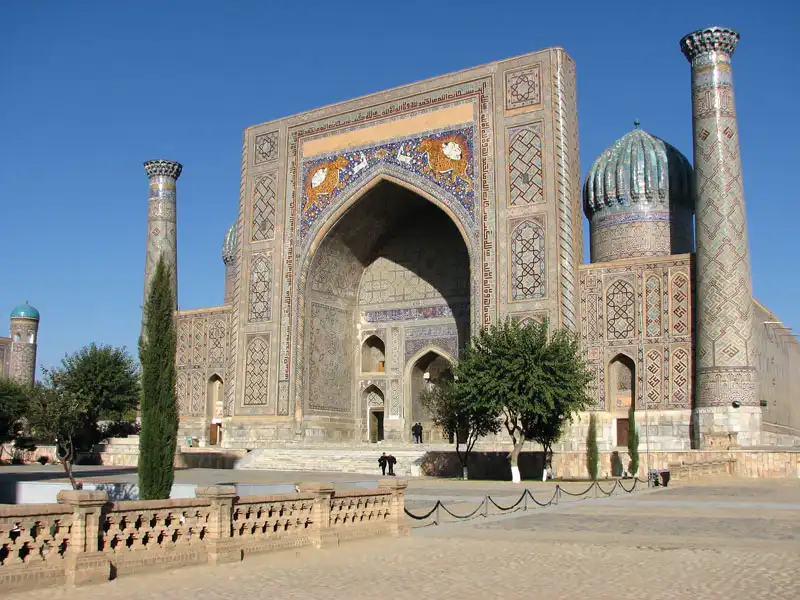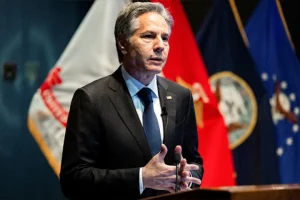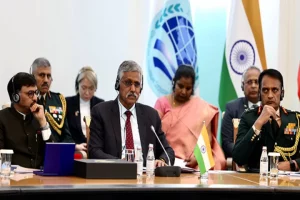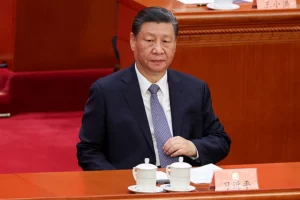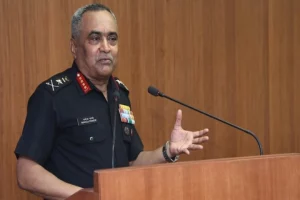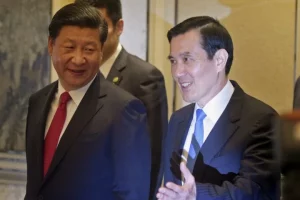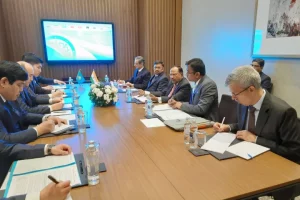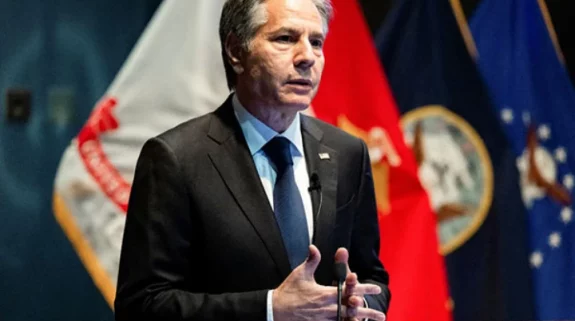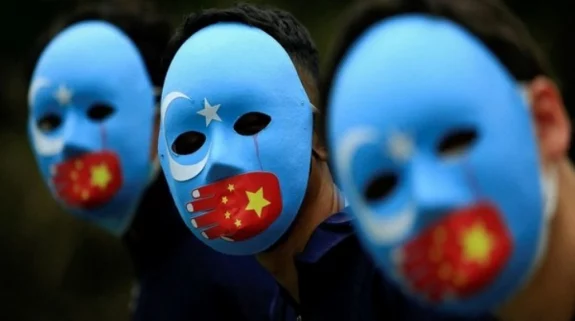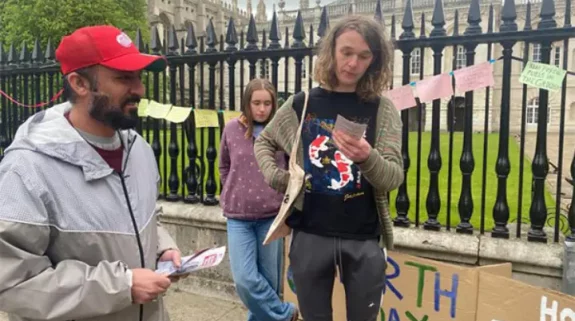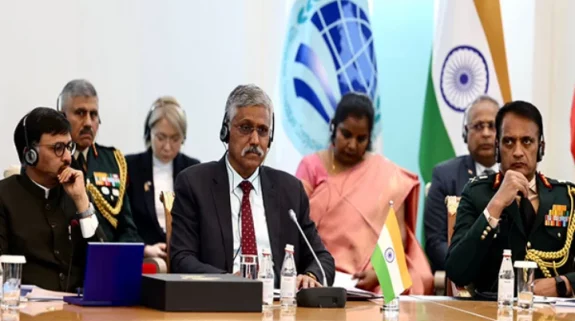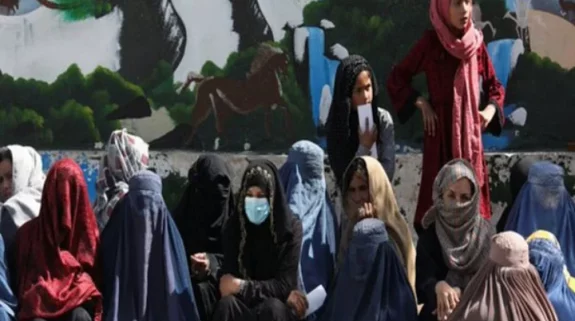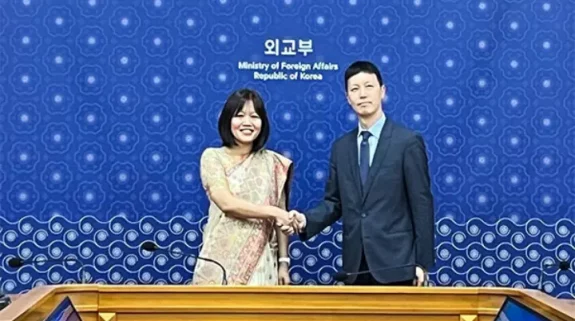The 22nd Heads of State summit of the Shanghai Cooperation Organization (SCO) is scheduled to take place in Samarkand, Uzbekistan on September 15-16. Uzbekistan is leaving no stone unturned to make this Summit a success.
This will be the first in-person SCO Summit after the last one in Bishkek in June, 2019. The last two Summits under the Chairmanship of Russia and China were held in virtual format. The Samarkand Summit hence assumes additional significance. It is not clear at this moment which leaders, in addition to leaders of the 3 Central Asian countries who along with Uzbekistan are members of this Organization viz Kazakhstan, Kyrgyzstan and Tajikistan, would be participating physically in the summit. Most likely, Iran would be participating as this is the first Summit to be held after its membership was approved. Iran has worked relentlessly over the last many years to become a Member of the SCO.
Shanghai Cooperation Organisation, SCO is set for its 2nd expansion with #Iran to be added as its newest member at Samarkand Summit in September. SCO Secretary General Zhang Ming says that he expects to see Memorandum of Obligations of Iran joining SCO to be passed at summit. pic.twitter.com/sIgZb4IOIc
— All India Radio News (@airnewsalerts) July 19, 2022
Although no formal official announcement has been made thus far, it is nearly certain that Prime Minister Narendra Modi will participate in person in the summit. Several reasons can be advanced for this assumption. Firstly, PM Modi has attended all the SCO Summits since 2015 when it became clear that India was at the doorstep of becoming a member of the Organization. Secondly Uzbekistan after the assumption of power by Shavkat Mirziyoyev in December, 2016, has emerged as the most significant economic, security and strategic partner of India in Central Asia.
PM Narendra Modi addressing leaders of member states at the SCO summit in Bishkek, Kyrgyzstan: To tackle the danger of terrorism, all humanitarian powers should come forward together. Countries that provide encouragement, support, & finances to terrorism must be held accountable. pic.twitter.com/1h1vb9tgIU
— ANI (@ANI) June 14, 2019
Both PM Modi and President Mirziyoyev enjoy a close rapport and understanding with each other. President Mirziyoyev has undertaken two visits to India in recent years viz. in October, 2018 (bilateral) and January, 2019 (Vibrant Gujarat) while PM Modi visited Uzbekistan in July, 2015 (bilateral) and 2016 (SCO Summit). Relevance of Uzbekistan in recent years has further increased because it is one of the three Central Asian countries that share borders with Afghanistan. Afghanistan has emerged as a huge security threat to India and the region because of the large number of terrorist groups that have been provided a safe haven there by the Taliban.
Uzbekistan can play a significant role in impressing upon the Taliban that if it wants global diplomatic recognition, it should ensure that the large number of terrorists groups stationed in Afghanistan do not engage in terrorist acts in the region and beyond. Also, Afghanistan needs to install a representative government and ensure safety to and rights of minorities, women, girl-child etc. In addition, in the area of promoting connectivity with Central Asia and operationalization of the Chabahar port and the International North-South Transport Corridor, Uzbekistan has been playing and can continue to play an even more useful and important role. Lastly, India will assume the Chairmanship of SCO from Uzbekistan at the forthcoming Summit for the next one year.
It is highly likely that both Presidents Putin and Xi Jinping, as also PM Shehbaz Sharif, will participate in-person in the Summit. For both Putin and Xi it is important to send out a message that they are not isolated. Putin would like to shore up his influence in Central Asia which has been on the decline since the Ukraine conflict started. It will also be an opportunity for both Putin and Xi to appear physically together to reassert their ‘’no limits’’ partnership as announced on 4th February at the Winter Olympics in Beijing. This would be important as their conflict with the US and the West is out in the open much more than it has ever been in the recent past.
⚡️russo-Chinese automotive venture that Xi Jinping and putin agreed to in early February has failed due to Western sanctions. pic.twitter.com/ghxcDMJh1X
— ZMiST (@ZMiST_Ua) August 26, 2022
For Xi it would be important to be seen here as the significance of Central Asia for China and the BRI has grown appreciably in recent months. It can no longer ship its goods to Europe through Russia after the stringent sanctions imposed in the wake of the Ukraine crisis. Moreover, SCO is perceived to be a China driven process. It would hence be in the fitness of things for Xi to attend in person. Lastly the importance of Uzbekistan for the BRI has increased greatly because of the projected launch of the much delayed China-Kyrgyzstan-Uzbekistan railway link next year, as also the Termez-Kabul-Peshawar rail line to connect with the China-Pakistan-Economic Corridor (CPEC).
To relieve himself of the domestic pressures under which Pakistan PM Sharif currently finds himself, and because of global considerations, Shehbaz Sharif is most likely to attend in person.
If Putin were to attend, it is very likely that a bilateral meet with PM Modi would take place. This would be a good opportunity for PM Modi to try and understand Putin’s thinking about his future objectives in Ukraine. It will also be an opportunity for the two leaders to chart out the future course of their bilateral cooperation, particularly in the defence and energy sectors.
If Xi were to attend in person, a meeting between him and PM Modi could take place only if the request emanated from the Chinese side. It is highly unlikely that India will initiate a request for a bilateral dialogue. Since there are no indications that China is in a mood to relent on its expansionist policies on the Line of Actual Control, it is doubtful that a bilateral meeting at the highest level would yield any significant positive results. It could however be an opportunity for PM Modi to convey the strong and implacable views that India has on the border issue to President Xi.
1/2
India to Deploy Lightweight Tanks Along China Border to Seek Operational Dominance : Telegraph report
The Indian Army deployed heavy T-90 tanks, weighing about 46 tones, and T-72 tanks, weighing around 45 tones, in the western sector of the Line of Actual Control (LAC) pic.twitter.com/A16w6wVQP7
— OsintTv📺 (@OsintTv) August 26, 2022
Due to a range of domestic as well as bilateral considerations, it is unlikely that a meeting between PM Modi and Pakistan PM will take place. Most important of these reasons is that Sharif is on a shaky wicket. It is unclear how long he will last. Under such circumstances the longevity of any agreements or understandings reached will be highly uncertain and doubtful.
PM Modi will use the opportunity of his presence in Samarkand to take forward India’s partnership with Iran on the INSTC and Chabahar, as well as on bilateral strategic and economic relations. He is also likely to advance India’s multifaceted relations with Kazakhstan, Kyrgyzstan and Tajikistan by conferring with their leaders and identifying new opportunities to strengthen bilateral and regional ties.
Historic Chabahar Deal : Modi government opens new trade route to Afghanistan and Central Asia. pic.twitter.com/U1IFeF1HFI
— BJP (@BJP4India) May 25, 2016
India’s participation in the Samarkand SCO Summit contains within it the huge potential to expand and deepen India’s partnership with several SCO member states and advance its strategic, security, political, economic and commercial interests with the region.
(Ashok Sajjanhar is a former Ambassador of India to Kazakhstan, Sweden and Latvia. He is an Executive Council Member at the Manohar Parrikar Institute for Defence Studies and Analysis and President, Institute of Global Studies. Views expressed are personal and exclusive to India Narrative)






